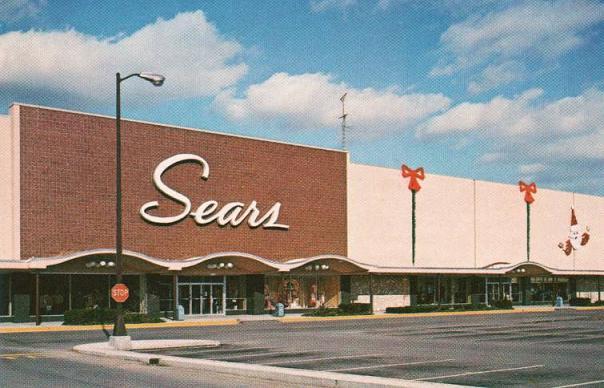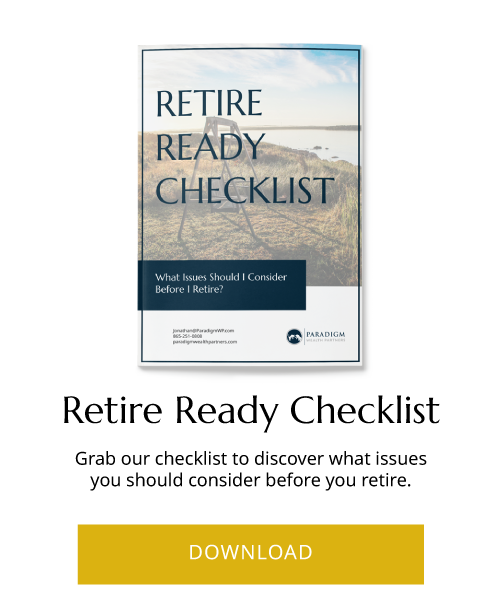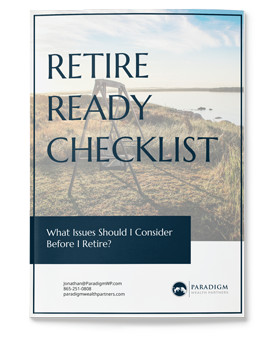Retail Ramshackle: Consumerism in the Post-COVID-19 World
“The key to investing is not assessing how much an industry is going to affect society, or how much it will grow, but rather determining the competitive advantage of any given company and, above all, the durability of that advantage.”
—Warren Buffett
Unimaginable just twenty years ago, the coronavirus appears to have accelerated the decline of retail. Meanwhile, the stock market seems unbothered. Many of us knew this was coming, but now we are seeing the demise of former giants like JC Penny, Pier One, and Neiman Marcus.
Malls are also in trouble, which has been happening for quite some time. According to the Baltimore Business Journal:
“A new national report predicts that a record of up to 25,000 retailers could close this year across the U.S. as Covid-19 continues to rattle the market.
The grim prediction by Coresight Research showed a coming tidal wave of retail failures compared to last year when 9,821 retailers went under.
Much of the hit is expected in malls where about 60% of the closings will be centered, Coresight officials said.”
This may sound like bleak news, but it represents the competitive, survival-of-the-fittest nature of today’s business environment. It also creates an opportunity for innovation and new ways of providing products/services to consumers. Retailers will have to change their models or else they will face hard times. One thing is certain: marketers will have to focus heavily on the consumer experience.
As we watch the retail landscape change, it will be interesting to see the creative ways in which companies try to win our business. Realize it or not, COVID-19 has changed our consumer preferences. Through channels such as virtual showrooms or Facebook Live sales, shoppers have realized that there are other ways of doing business. Retailers have a unique problem as consumers are looking for convenience, competitive pricing, and a good experience.
As e-commerce capacities continue to expand, it will eventually blend into traditional brick-and-mortar stores. Amazon has already began to open cashier-less grocery stores. This will also mean that workers will need to be trained in new skills to compete with automation.
While you could raise concern on the fact that much of this comeback is benefiting a small amount of mega companies, I think we can also appreciate the newfound agility in our markets. Seasoned wall street traders were shocked at how quickly the market went back up.
The somewhat morbid fact remains, with great despair comes great opportunity. Coronavirus was no exception. Major gaps in well-developed industries were created overnight. Having said this, it is still important to remain in a sound investment strategy and stay with companies you understand. Regardless, now is a good time to look at your portfolio and decide if it is optimized for the quickly changing world ahead of us.
Content in this material is for general information only and not intended to provide specific advice or recommendations for any individual. All performance referenced is historical and is no guarantee of future results. All indices are unmanaged and may not be invested into directly.
No strategy assures success or protects against loss. Investing involves risk including loss of principal.



